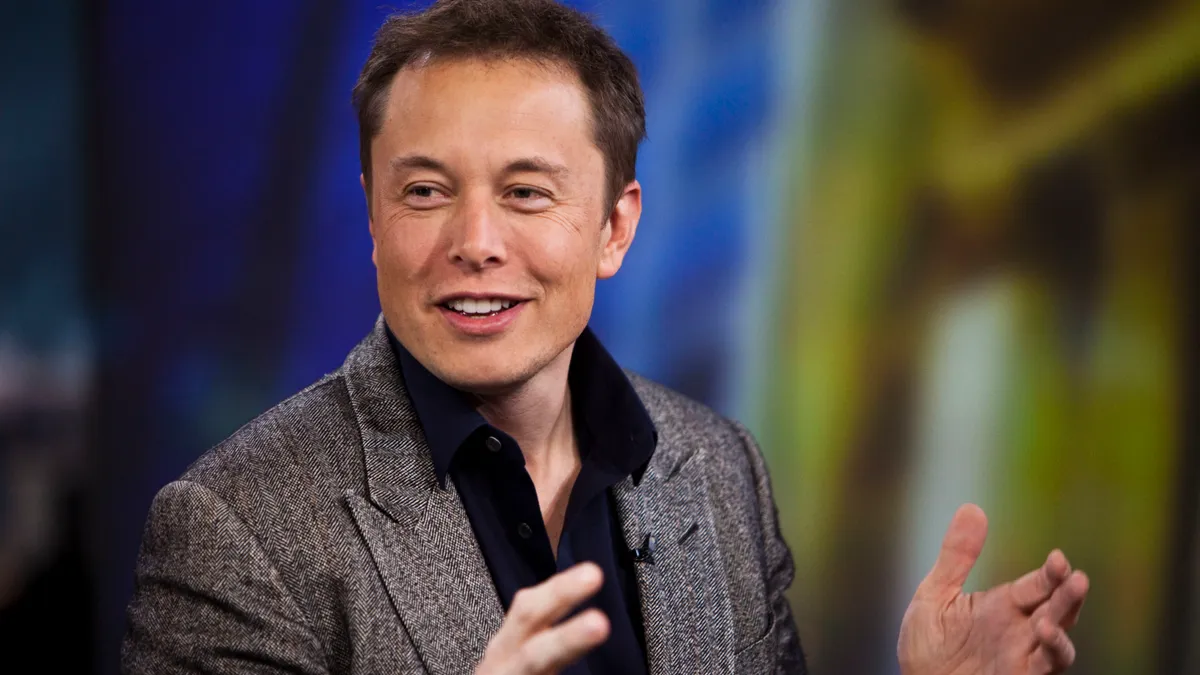Dive Brief:
- The U.S. Department of Commerce granted Tesla's request for a tariff exclusion on Japanese aluminum imports this week. The tariffs are set at 10%, and the company uses aluminum to manufacture batteries for electric vehicles in its Nevada-based factory.
- Tesla requested the exclusion in April for 10,000 metric tons annually of aluminum imports from Nippon Light Metal. The Bureau of Industry and Security (BIS), under the Commerce Department, granted this request for one year.
- Tesla also requested exclusions for products affected by tariffs on Chinese imports, including key technological components like the Model 3's autonomous driving "brain." Those requests were denied earlier this month.
Dive Insight:
The specific type of aluminum for which Tesla requested a tariff exclusion "is not produced in the United States in a sufficient and reasonably available amount or of a satisfactory quality," according to the BIS document granting Tesla's request.
The document offers insight into the rationale behind the waiver, that no reasonable alternative source of supply exists for Tesla.
There has been growing concern among U.S. automakers that domestic mining of metals such as lithium and aluminum (key materials for rechargeable car, laptop and smartphone batteries) is vastly insufficient to support expected demand. Roughly half of the world's lithium mines are located in China, which also controls 60% of global electric battery production capacity.
If the trade war with China continues, domestic automakers worry planned production and expansion of electric vehicles could be hamstrung by the increased costs. Tesla is already struggling with financial losses, and CEO Elon Musk said the company will need to significantly cut costs going forward. The aluminum tariff waiver may give Tesla some breathing room.














